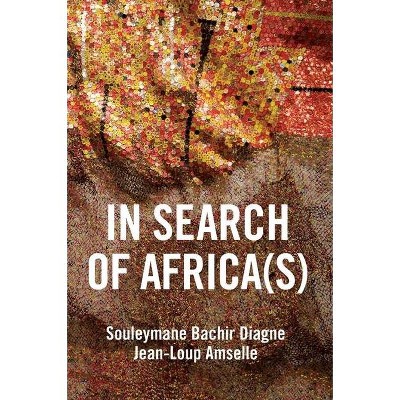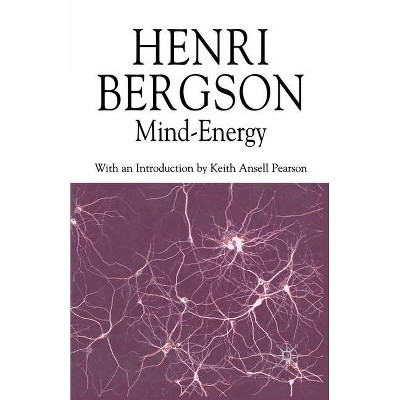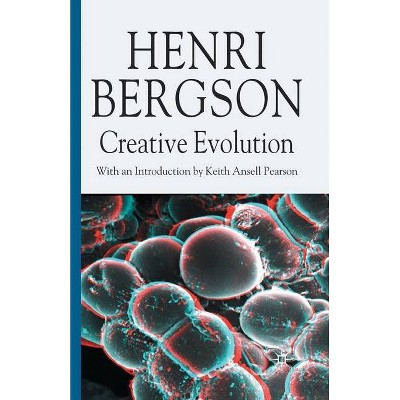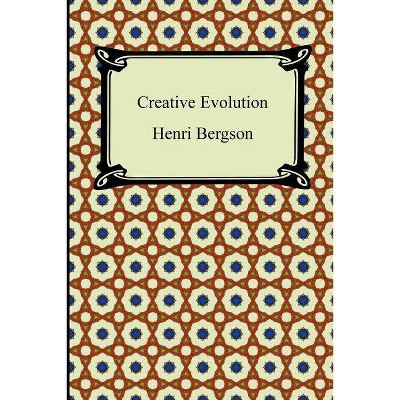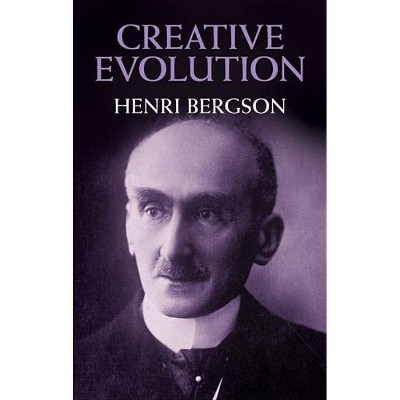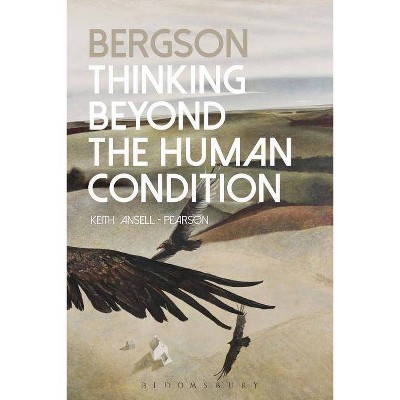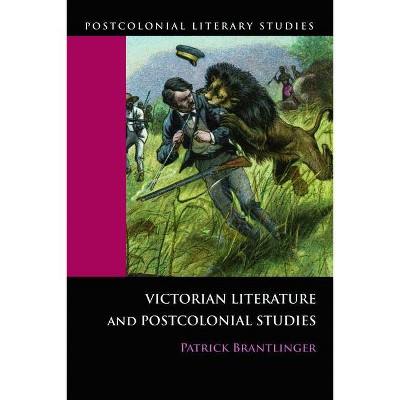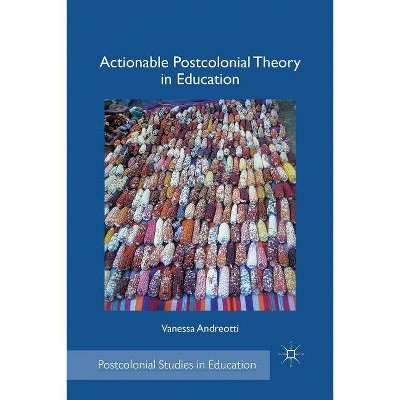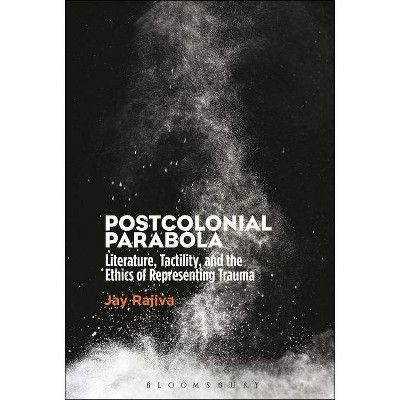Postcolonial Bergson - by Souleymane Bachir Diagne (Paperback)
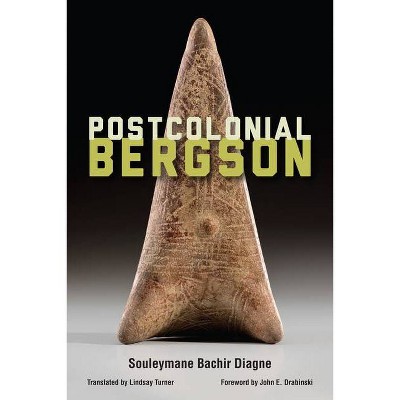
Similar Products
Products of same category from the store
AllProduct info
<p/><br></br><p><b> About the Book </b></p></br></br>At a moment of renewed interest in Bergson's philosophy, this book, by a major figure in both French and African philosophy, gives an expanded idea of the political ramifications of Bergson's thought in a postcolonial context.<p/><br></br><p><b> Book Synopsis </b></p></br></br><p>Henri Bergson has been the subject of keen interest within French philosophy ever since being championed by Gilles Deleuze and others. Yet his influence extends well beyond European philosophy, especially within Africa and South Asia. <i>Postcolonial Bergson</i> traces the influence of Bergson's thought through the work of two major figures in the postcolonial struggle, Muhammad Iqbal and Léopold Sédar Senghor. Poets and statesmen as well as philosophers, both of these thinkers--the one Muslim and the other Catholic--played an essential political and intellectual role in the independence of their respective countries. Both found, in Bergson's work, important support for their philosophical, cultural, and political projects. <p/>For Iqbal, a founding father of independent Pakistan, Bergson's conceptions of time and creative evolution resonated with the need for the "reconstruction of religious thought in Islam," a religious thought newly able to incorporate innovation and change. For Senghor, Bergsonian ideas of perception, intuition, and <i>élan vital--</i>filtered in part through the work of the French philosopher Pierre Teilhard de Chardin--proved crucial for thinking about African art, as well as foundational for his formulations of African socialism and his visions of an unalienated African future. <p/>At a moment of renewed interest in Bergson's philosophy, this book, by a major figure in both French and African philosophy, gives an expanded idea of the political ramifications of Bergson's thought in a postcolonial context.</p><p/><br></br><p><b> From the Back Cover </b></p></br></br><p>"A truly necessary and crucial contribution to philosophical scholarship and postcolonial studies in all disciplinary manifestations."--Donna Jones, University of California, Berkeley <p/>"Diagne's gift is a text like <i>Postcolonial Bergson</i>, a model of rigor and seriousness, but also an occasion of real interpretative playfulness and innovation. This book is full of risks in the very same moment that it displays, at every turn, fidelity to texts and their genealogies."--John E. Drabinski, from the Foreword <p/>Henri Bergson has long been the subject of keen interest within French philosophy, yet his influence extends well beyond Europe. <i>Postcolonial Bergson</i> traces the influence of Bergson's thought through the work of two major figures in the postcolonial struggle, Muhammad Iqbal and Léopold Sédar Senghor. Poets and statesmen as well as philosophers, both of these thinkers played an essential political and intellectual role in the independence of their respective countries. Both found, in Bergson's work, important support for their philosophies. <p/>For Iqbal, a founding father of independent Pakistan, Bergson's conceptions of time and creative evolution resonated with the need for the "reconstruction of religious thought in Islam," a religious thought newly able to incorporate innovation and change. For Senghor, Bergsonian ideas of perception, intuition, and <i>élan vital </i>proved crucial for thinking about African art, African socialism, and an unalienated African future. <p/>Souleymane Bachir Diagne is Professor of Philosophy and Francophone Studies at Columbia University. <p/>Lindsay Turner is Assistant Professor of English and Literary Arts at the University of Denver. <p/>John E. Drabinski is Charles Hamilton Houston 1915 Professor of Black Studies at Amherst College.</p><p/><br></br><p><b> Review Quotes </b></p></br></br><br>"A truly necessary and crucial contribution to philosophical scholarship and postcolonial studies in all disciplinary manifestations."<b>---Donna Jones, University of California, Berkeley, <i></i></b><br><br>"Diagne's gift is a text like <i>Postcolonial Bergson</i>, a model of rigor and seriousness, but also an occasion of real interpretative playfulness and innovation. This book is full of risks in the very same moment that it displays, at every turn, fidelity to texts and their genealogies."<b>---John E. Drabinski, from the Foreword, <i></i></b><br><p/><br></br><p><b> About the Author </b></p></br></br><b>Souleymane Bachir Diagne (Author) </b><br> Souleymane Bachir Diagne is Professor of Philosophy and Francophone Studies at Columbia University. His books include <i>The Ink of the Scholars: Reflections on Philosophy in Africa</i> and <i>Open to Reason: Muslim Philosophers in Conversation with the Western Tradition</i>. <p/><b>John E. Drabinski (Foreword By) </b><br> John E. Drabinski is Charles Hamilton Houston 1915 Professor of Black Studies at Amherst College. <p/><b>Lindsay Turner (Translator) </b><br> Lindsay Turner is Assistant Professor of English and Literary Arts at the University of Denver. <p/>
Price History
Cheapest price in the interval: 24.49 on October 23, 2021
Most expensive price in the interval: 24.49 on November 8, 2021
Price Archive shows prices from various stores, lets you see history and find the cheapest. There is no actual sale on the website. For all support, inquiry and suggestion messagescommunication@pricearchive.us
